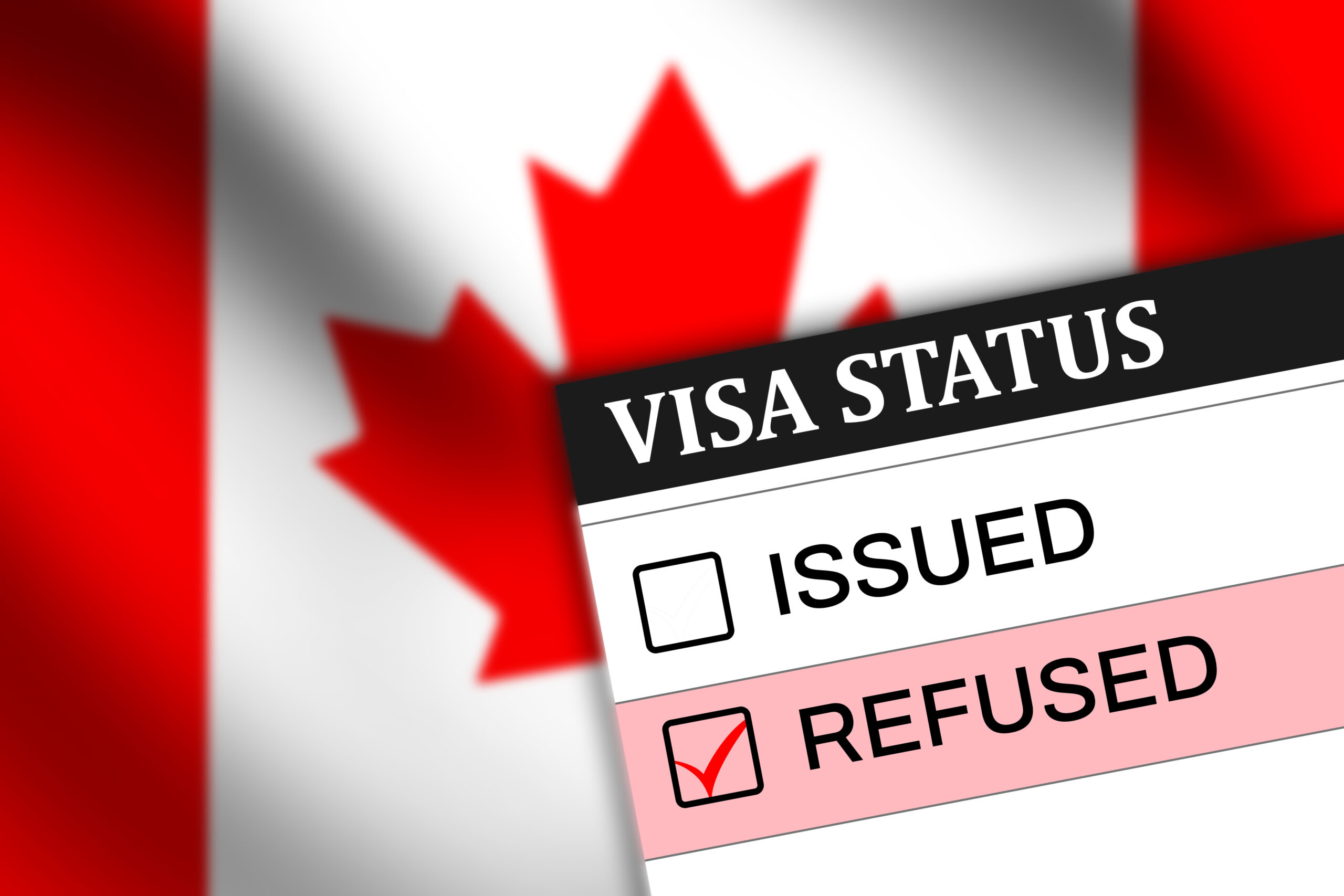
Canada Introduces Clear Cancellation Rules for Visitor Visas, eTAs, Study, and Work Permits
A Landmark Update in Immigration Oversight
On November 4, 2025, Immigration, Refugees and Citizenship Canada (IRCC) introduced a landmark policy overhaul defining when and how temporary resident documents — including visitor visas, electronic travel authorizations (eTAs), study permits, and work permits — can be cancelled.
This move marks one of the most significant clarifications in immigration enforcement in recent years, giving officers clear, transparent authority to revoke documents when eligibility, admissibility, or compliance conditions are breached.
Previously, cancellations were governed by ambiguous discretionary powers. Now, the process is legally codified under specific sections of the Immigration and Refugee Protection Regulations (IRPR), aligning Canada’s system with those of other advanced jurisdictions like the United States and Australia.
1. Visitor Visa (TRV) – Seven Discretionary & Four Automatic Grounds
Under IRPR 180.1 and 180.2, IRCC officers can now cancel a Temporary Resident Visa (TRV) if any of the following occur:
Discretionary Grounds:
- Administrative or officer error during issuance.
- Post-issuance inadmissibility (criminal or medical).
- Failure to meet or maintain eligibility requirements.
- Issuance of a Temporary Resident Permit (TRP) after the TRV.
- Reasonable belief that the visitor won’t leave after their authorized stay.
- Subsequent refusal for another visa or permit type.
- Discovery of misrepresentation or security concerns.
Automatic Cancellations:
TRVs are automatically void if the holder becomes a permanent resident, loses their passport, or passes away.
2. eTAs – Digital Authorizations with Tightened Oversight
Sections 12.07 and 12.08 empower IRCC to cancel electronic travel authorizations (eTAs) for visa-exempt travelers when:
- The traveler becomes inadmissible or ineligible.
- An administrative or technical error occurred during issuance.
Automatic cancellation applies if the traveler gains PR status, changes or loses their passport, or passes away.
This change prevents misuse of outdated eTAs linked to expired passports or criminally ineligible travelers.
3. Study Permit Rules – Accountability for Institutions and Students
IRPR 222.7 and 222.8 now give IRCC explicit cancellation powers over study permits.
- Permits can be cancelled if issued by mistake or based on false or invalid documentation.
- Automatic cancellation occurs when the holder becomes a PR or dies.
These changes emphasize institutional accountability — if a Designated Learning Institution (DLI) loses its eligibility or engages in fraud, all permits issued through it can be revoked.
Students must maintain valid enrollment and authorized study status to stay compliant.
4. Work Permit Rules – Strengthening Employer and Worker Compliance
Under IRPR 209.01 and 209.02, work permits can now be cancelled if:
- Issued by error or based on incorrect employer information.
- Linked to a non-compliant employer.
Automatic cancellation applies when the permit holder gains PR or passes away.
For example, if a Post-Graduation Work Permit (PGWP) holder receives PR status, their work permit is automatically voided.
5. Fairness Safeguard – The Waiver Clause
To ensure fairness, IRCC added a Waiver Clause:
If a visa, study permit, or work permit was issued under a temporary public policy exemption (for example, a humanitarian waiver), the same reason cannot later be used to cancel that document.
This protects applicants who received approval under special humanitarian or emergency programs.
6. Why This Matters
This policy shift improves transparency, fairness, and legal clarity in Canada’s immigration system.
- Officers now have clear legal authority to act.
- Applicants can understand — and appeal — cancellation decisions.
- The system deters fraud, overstays, and misuse of temporary status.
The new framework supports Canada’s goal to maintain credibility while managing record-high temporary resident numbers responsibly.
7. Broader Policy Context
This change aligns with Canada’s wider immigration modernization strategy, which includes:
- Strengthening compliance checks post-entry.
- Tightening eligibility standards for students and workers.
- Prioritizing legitimate temporary stays.
- Improving inter-agency data sharing to detect fraud early.
In short, IRCC is signaling that while Canada remains open, it expects compliance, honesty, and transparency from every applicant.
For a consultation about Immigration options, reach out to the CAD IMMIGRATION today!




